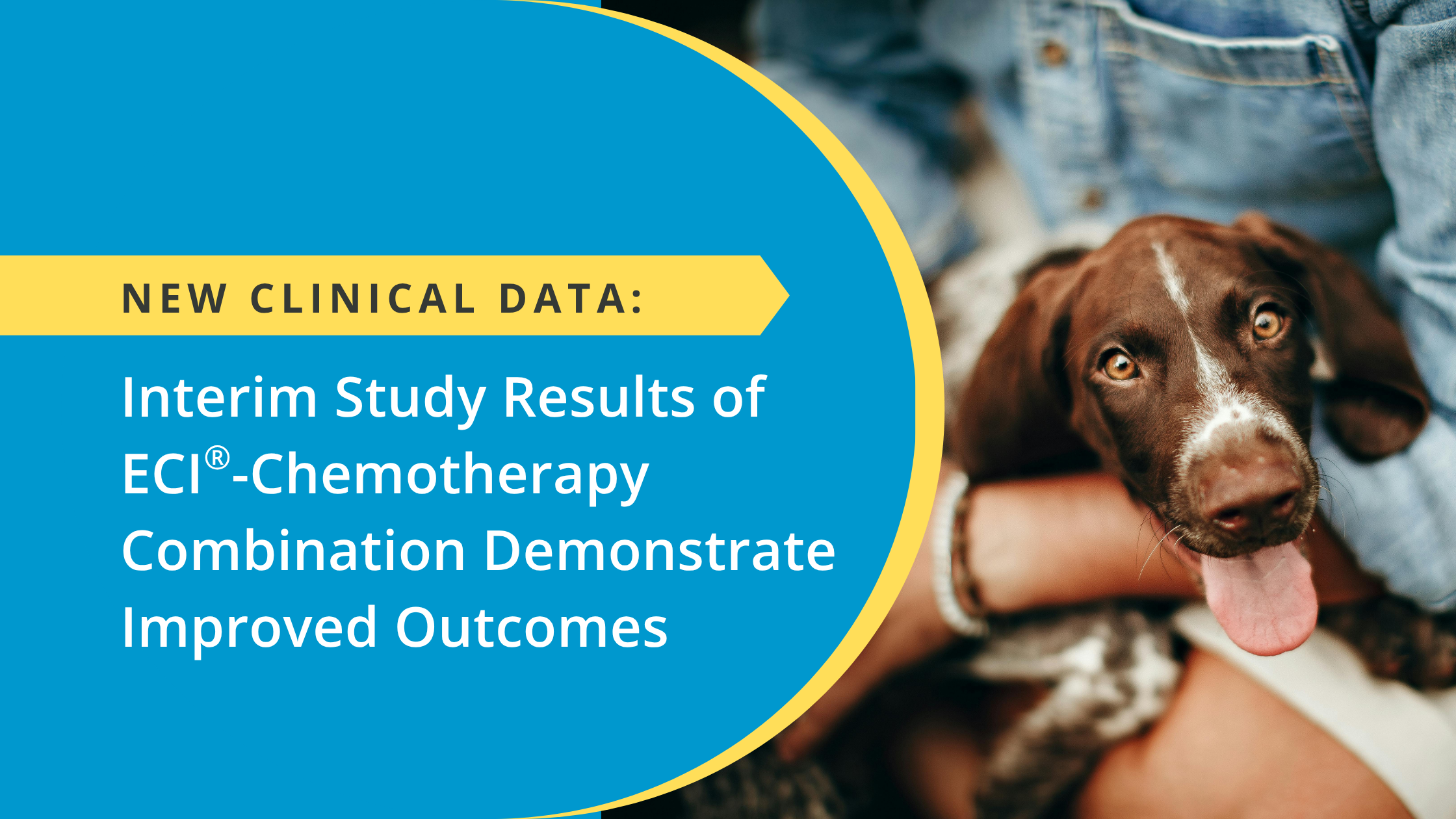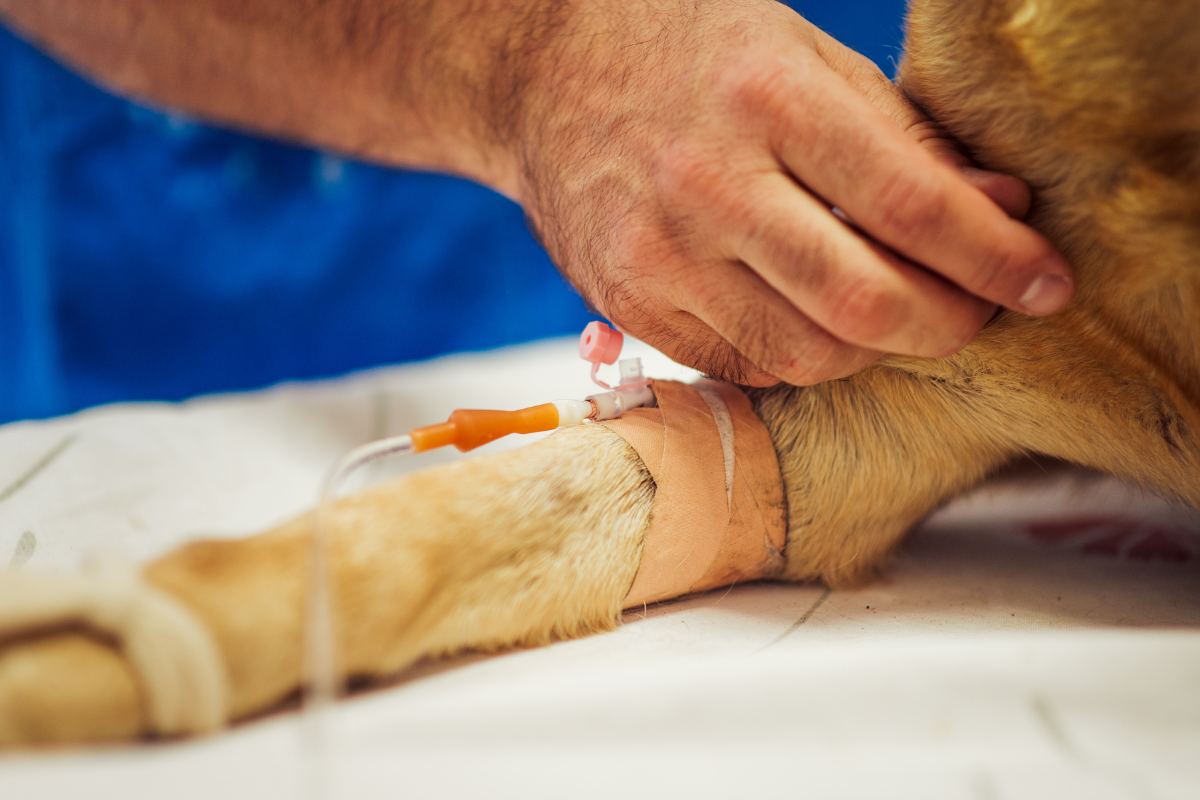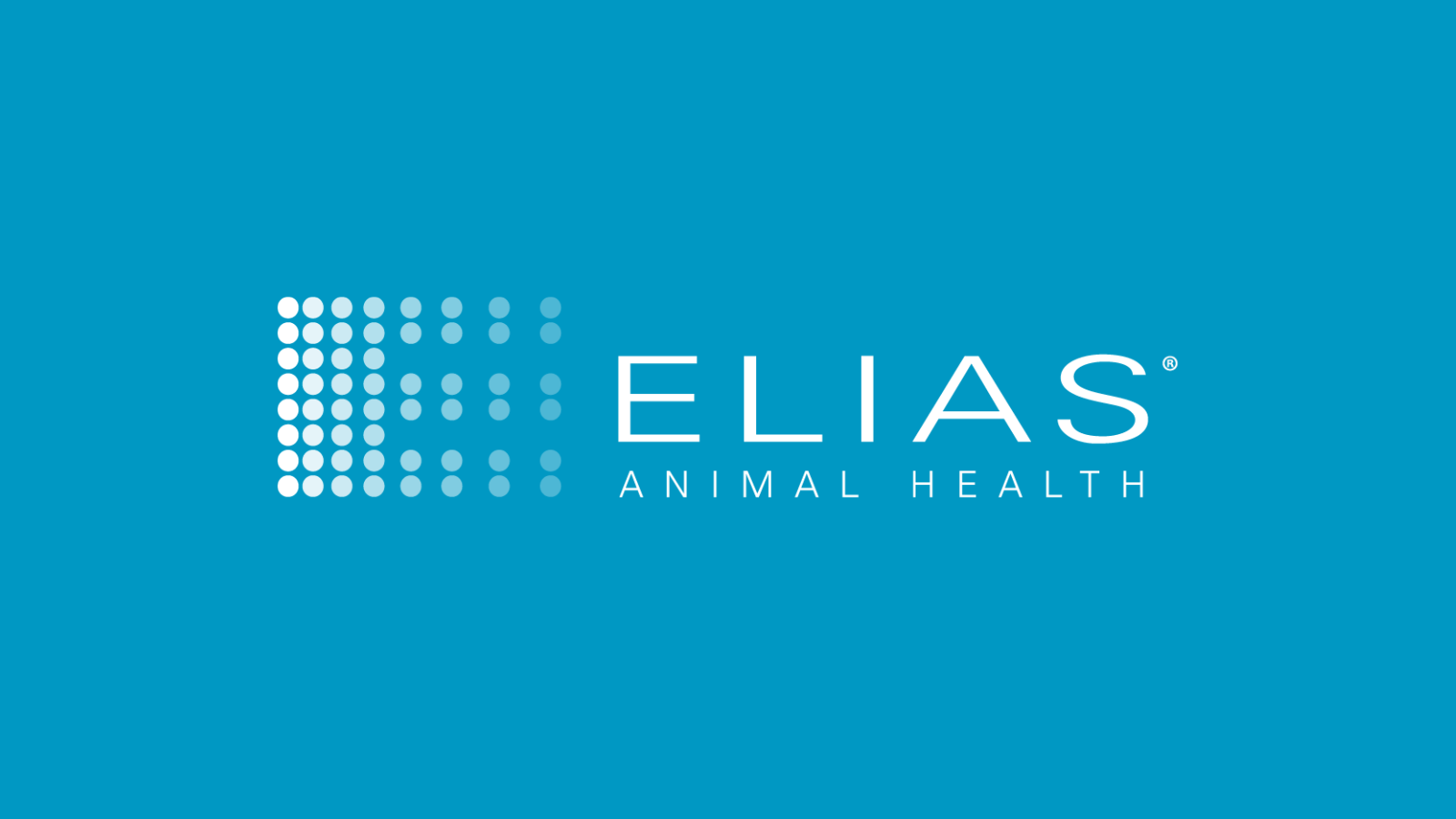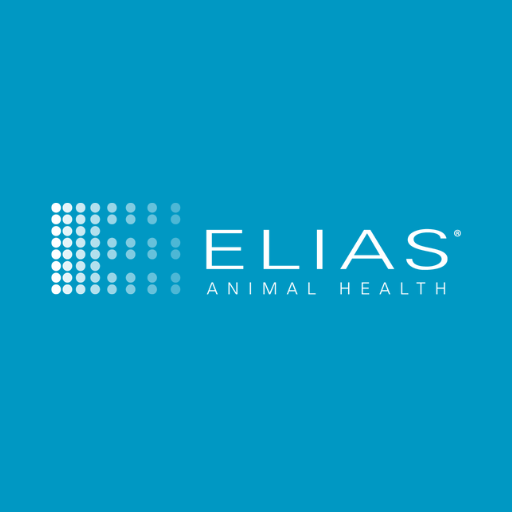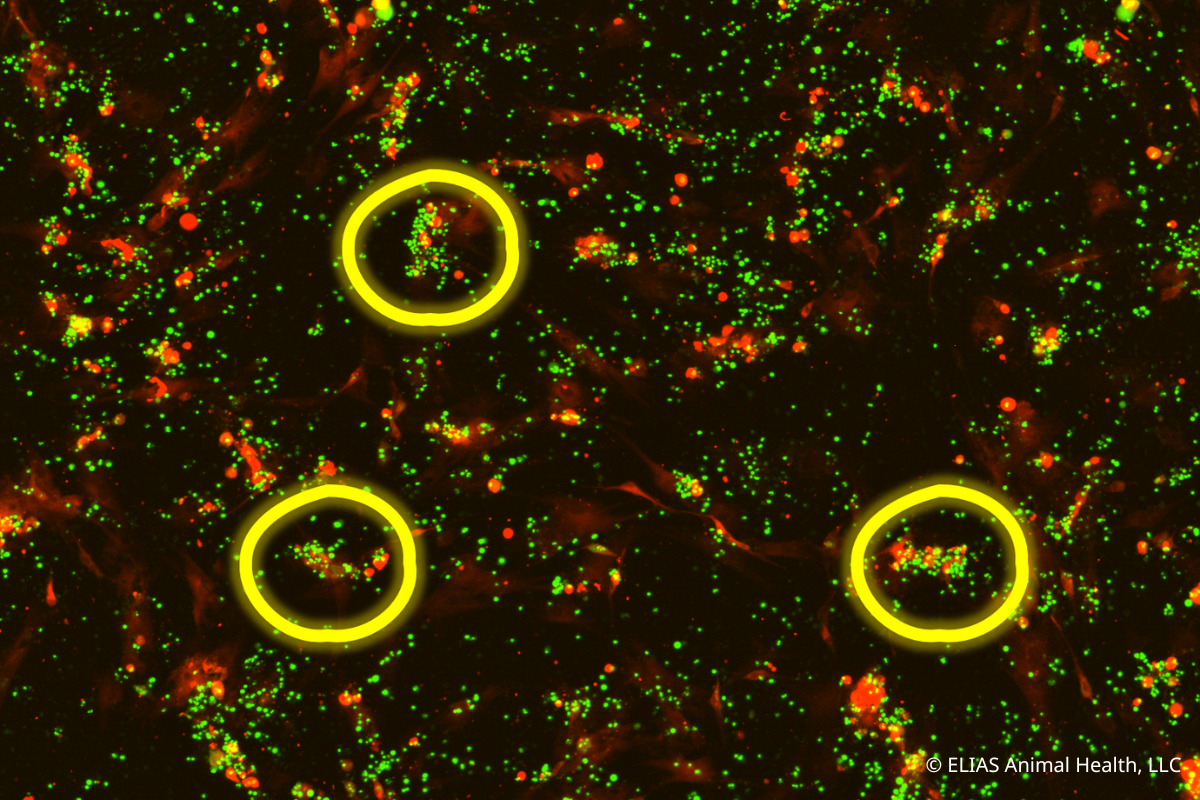New Study Data on Chemo-Immunotherapy Approach Using the ELIAS Cancer Immunotherapy (ECI®) to Treat Bone Cancer in Dogs Demonstrates Improved Outcomes
LENEXA, Kan., June 19, 2025 – ELIAS Animal Health, a leading companion animal cancer therapeutics company, today announced interim results from an ongoing clinical study evaluating ELIAS Cancer Immunotherapy (ECI®), a USDA-approved autologous prescription product, combined with chemotherapy for treatment of osteosarcoma, an aggressive form of bone cancer in dogs. The interim analysis, presented at the 2025 American College of Veterinary Internal Medicine (ACVIM) Forum in Louisville, KY, demonstrated that combining the initial cytotoxic effects of chemotherapy with the targeted immune-mediated response stimulated by ECI® has the potential to enhance overall response and survival rates in canine cancer patients. The oral abstract presentation, “Adoptive Cell Therapy with Chemotherapy Improves Canine Osteosarcoma Outcomes Compared to Standard of Care Chemotherapy,” was presented by Jeffrey N Bryan, DVM, MS, PhD, DACVIM(O), Professor of Oncology and Associate Director of the Ellis Fischel Cancer Center at the University of Missouri. The combined therapeutic approach showed [...]

